On March 20, Prosecutor of the International Criminal Court (ICC) Karim Ahmad Khan requested arrest warrants for Israeli Prime Minister Benjamin Netanyahu, Israeli Defense Minister Yoav Gallant and three high-ranking members of Hamas on charges of war crimes. A panel of three judges will decide whether to issue the warrants.
In the case of South Africa v. Israel, which began on December 29, 2023, the International Court of Justice is considering the charge of genocide against Israel. The ICC case is instead about war crimes. Prosecutors are held to an extremely high standard when proving genocide. They must prove that the accused consciously intended to destroy a national, ethnic, racial or religious group, either partially or totally. High death tolls do not suffice as evidence of genocide. Prosecutors have to prove genocidal intent, which is difficult.
Khan has focused not on the deaths caused by Israel’s ongoing invasion of Gaza but on the Israeli blockade of the territory. He alleges that Israel adopted starvation as a weapon of war, which is illegal under international humanitarian law. This is much easier to prove.
Indeed, many far-right Israeli leaders made statements during the opening stages of the war that they intended to starve Hamas out of Gaza. Since this was just after the October 7, 2023, massacre of Israeli civilians, one could argue that this was bluster, not intent. But the panel may not agree. It is likely that they will be satisfied that criminal intent is sufficiently plausible and issue the warrants.
Will the world take the ICC seriously?
Arresting Netanyahu would be a serious step, even for the ICC. The court doesn’t usually arrest sitting prime ministers. Furthermore, Uhuru Kenyatta humiliated the court by winning the Kenyan presidency while under ICC prosecution.
The US and Germany have strongly protested against the requested warrants. They object to the ICC equating Israel and Hamas. The US has even threatened to personally sanction the judges. In contrast, France has expressed support for the prosecution.
Critics around the world have also raised suspicions about Khan. He is British, but he is of Pakistani Pashtun descent and an Ahmadi Muslim. Khan has no history of antisemitism, but this will not stop his critics from making the accusation anyway — not only in Israel and the US but even in places like India and the UK. Religion has emerged as a faultline in international relations again.
Nonetheless, the ICC’s judgment still holds water. Its warrants will be enforceable across the 124 parties to the Rome Statute, covering most of Europe, Africa, the Americas (though not the US), Japan, South Korea, Australia and New Zealand.
How will the warrants affect Israel?
Israel is not a party to the Rome Statute, and Netanyahu will not be in handcuffs any time soon. But Netanyahu is a world traveler, and an ICC warrant would severely hamper his diplomatic journeys. Last summer, an ICC warrant forced Russian President Vladimir Putin to sit out the BRICS (Brazil, Russia, India, China and South Africa) summit in Johannesburg. Netanyahu would be similarly caged in.
More importantly, this development is a diplomatic disaster for Israel. Israel has always seen itself as a stalwart member of the international community. Israeli leaders champion their nation as the only democracy in the Middle East. The war and the terrible humanitarian situation in Gaza have damaged Israel’s reputation immensely. Now, the rebuke from an honored institution of humanitarian law is a new low.
Hamas is not a state, so the warrants are not as big of a problem for them. The militant group, long labeled terrorist by many states, is used to being portrayed as criminal. Just being associated with Hamas is a blow for Israel. International critics have called Israel an “apartheid state” for years. The proposed warrants now give them the ammunition to call Israel, however unjustly, a “terrorist state.”
After Israel’s, America’s reputation is the most exposed. The beleaguered world hegemon has suffered a lot of embarrassment lately — think of the Capitol Hill insurrection on January 6, the hasty 2022 evacuation from Afghanistan and the ongoing war in Ukraine where Russia increasingly has the upper hand. Now, unconditional US support for Israel is being held to further scorn both outside and inside the country. In fact, the US may have to reconsider the moral blank check it has given Israel so far. This isn’t the Cold War anymore when it arguably made sense to support unsavory anticommunist leaders to push back against a global Soviet menace. Today, if America wants to be the world’s moral leader, it has to keep its hands clean.
Can Israel pull out of this war?
Israel is a small country dependent on the cooperation of the international community. While it has a strong economy and a potent military, Israel cannot afford to be isolated. Israeli leaders must find a way to wrap up the war in Gaza before their country suffers too much reputational damage.
Minister without portfolio Benny Gantz, leader of the centrist National Unity party, has given Netanyahu a June 8 deadline to come up with a plan for Gaza. Even Gallant has been calling for an exit strategy. Netanyahu has been kicking this can down the road for months, probably because eliminating Hamas is a nearly impossible task.
Israel has two options. It may either attempt to occupy Gaza directly, or it must set up some kind of government that can stabilize Gaza after it pulls out. Even Israel’s closest allies would balk at occupying Gaza.
An occupation is not really militarily feasible. Already, Israel has had to redeploy troops to sectors in northern Gaza, which Israeli leaders had previously declared clear of militants. The US faced the same problem in Iraq. The US solution was to occupy problem sectors indefinitely but Israel does not have either the military or financial resources for deploying troops indefinitely.
So, Israel must find some way to solve its Hamas problem in Gaza and do so quickly. Hezbollah, an Islamist militant group in Lebanon, is a perpetual threat to the north. If Hezbollah fighters attacked while Israeli troops were still tied up in Gaza, Israel would be trapped in an unsustainable two-front war.
The grim reality is that there will be no progress toward a stable solution until Netanyahu signals that he is willing to hold serious talks about Palestinian statehood. Note that he has never done so before and has been implacably opposed to a two-state solution.
As the war goes on, factors that could aid peace are weakening. At the beginning of the conflict, many onlookers suggested the possibility of an interim government led by the Arab League or powerful Arab states like Saudi Arabia and the UAE. These rich Gulf states have the cash to rebuild Gaza’s economy but the outrage on the Arab street against Israel makes it impossible for Arab leaders to engage with their Israeli counterparts. Arab leaders fear revolt from their own people for selling out to the hated crusader state.
The US would doubtless have a role to play in any end to conflict in Gaza. However, the Americans will want to see the first stages of a democratic transition if they get involved. Gaza will have to hold elections. This opens another can of worms though. What happens if Hamas wins? The Muslim Brotherhood, which gave birth to Hamas, won democratic elections after the 2011 Egyptian uprisings. Hamas itself won the 2006 Palestinian legislative elections. Should Israel really cede power back to Hamas after fighting a costly war to remove it?
Besides, it’s not clear who would even set up Gazan democracy. The Gulf states are absolute monarchies and have no institutional experience of democracy. Israel or the US are unlikely to try their hand at state-building because, as Iraq and Afghanistan demonstrate, it is risky, protracted and expensive.
No war ever goes the way leaders think it will. Netanyahu thought that he could destroy Hamas, pack up and go home. In the summer of 1914, Kaiser Wilhelm II told his German troops that they would be home “before the leaves fall from the trees.” These unfortunate Germans would be home only five autumns later, minus two million of their countrymen.
At the outset of the Gaza war, US President Joe Biden warned Netanyahu: “Don’t do what we did.” Don’t get stuck in an invasion with no exit strategy like the US did in Iraq.
Netanyahu didn’t listen.
[Anton Schauble wrote the first draft of this piece.]
The views expressed in this article/video are the author’s own and do not necessarily reflect Fair Observer’s editorial policy.







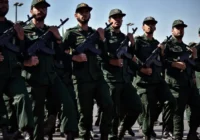
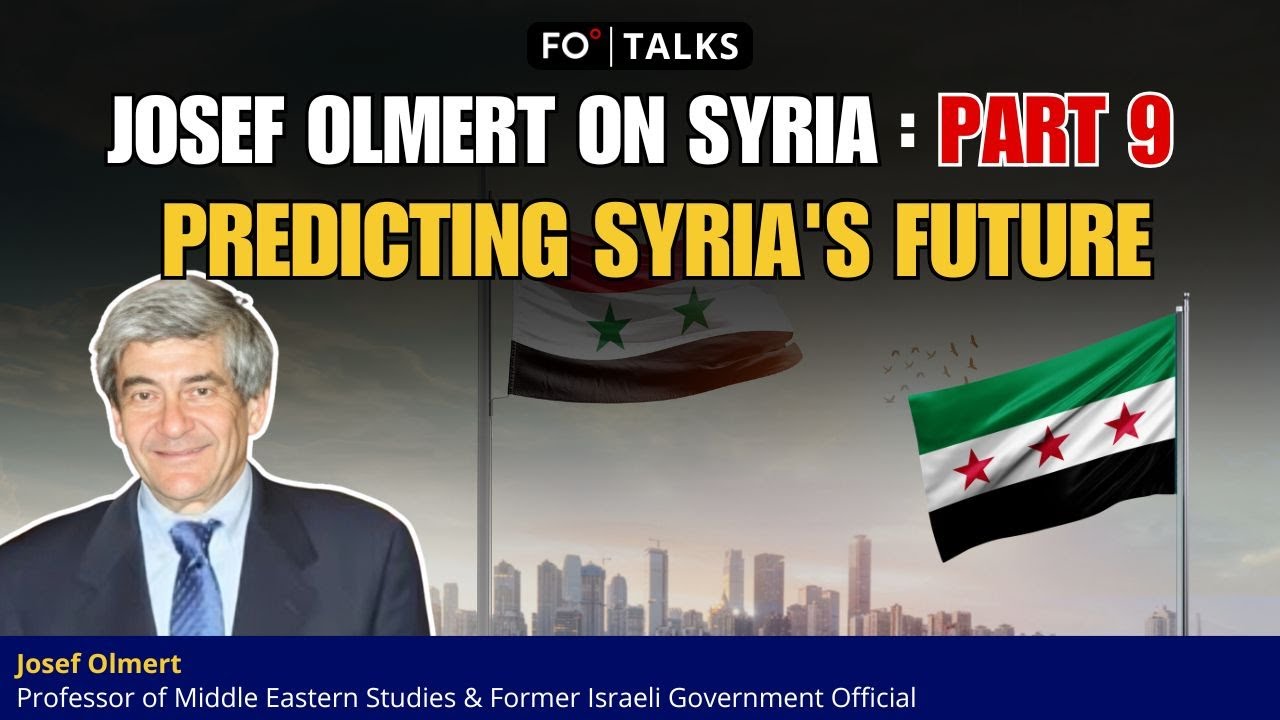




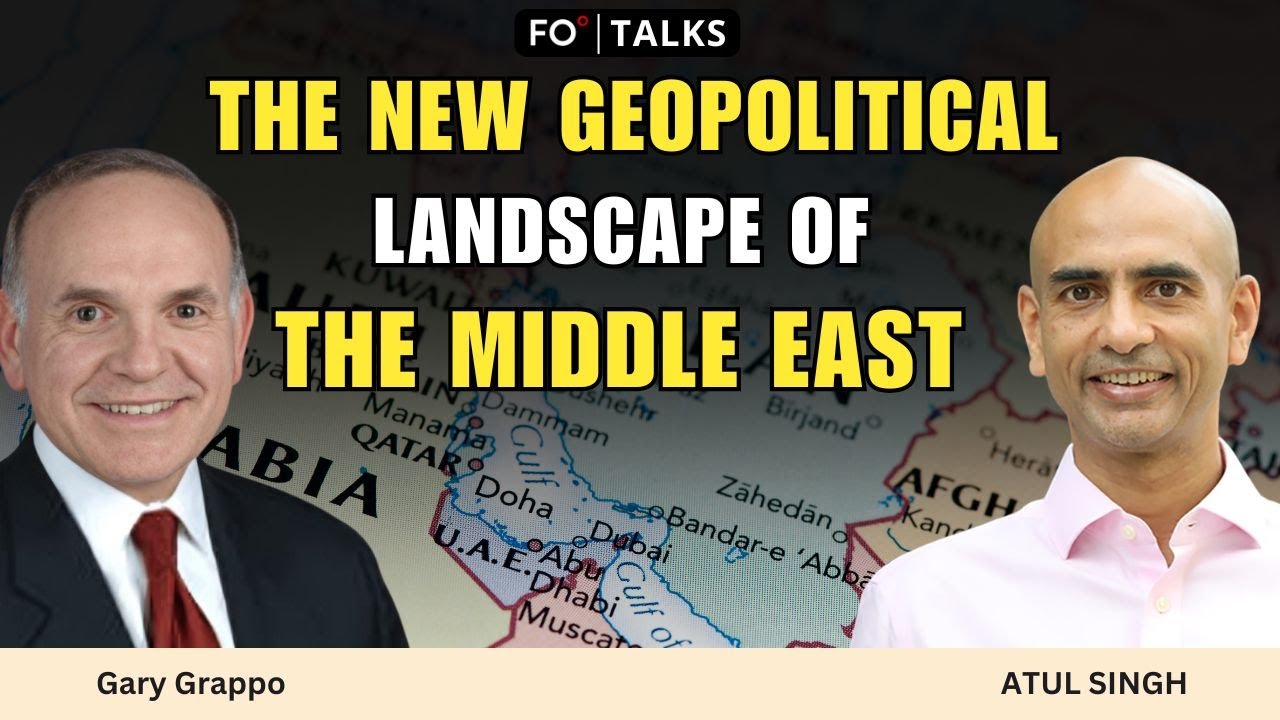





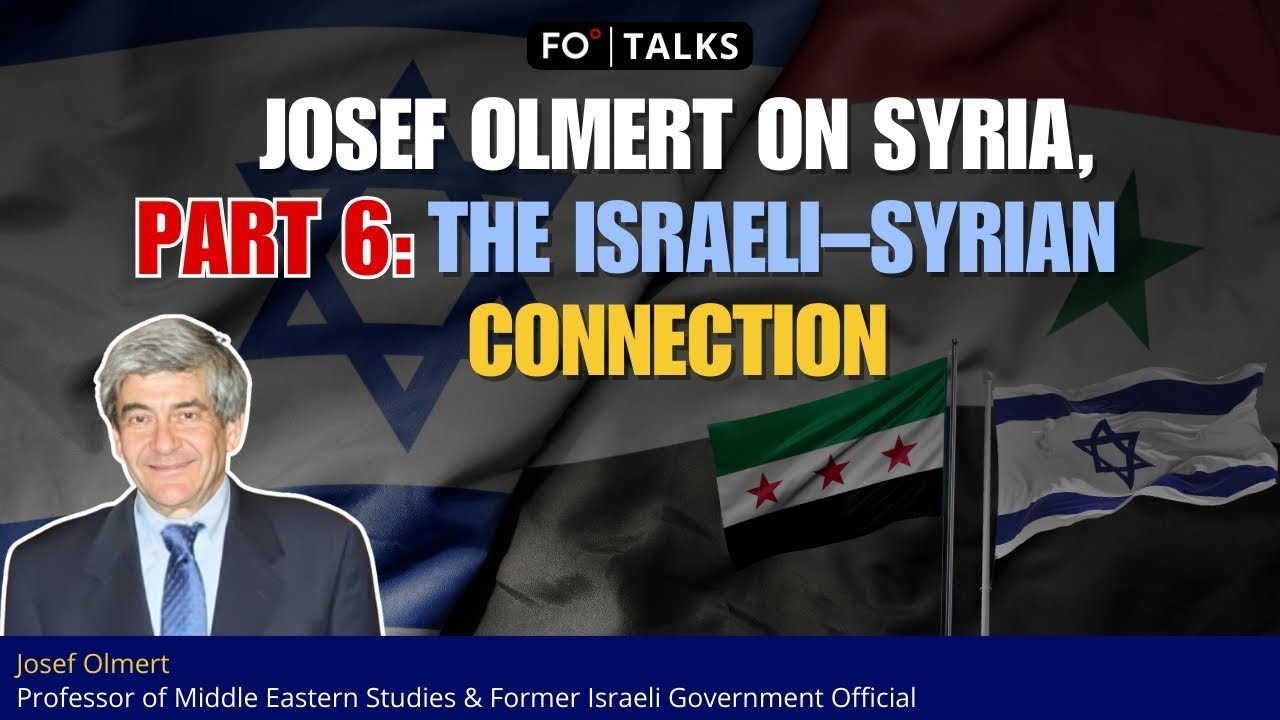




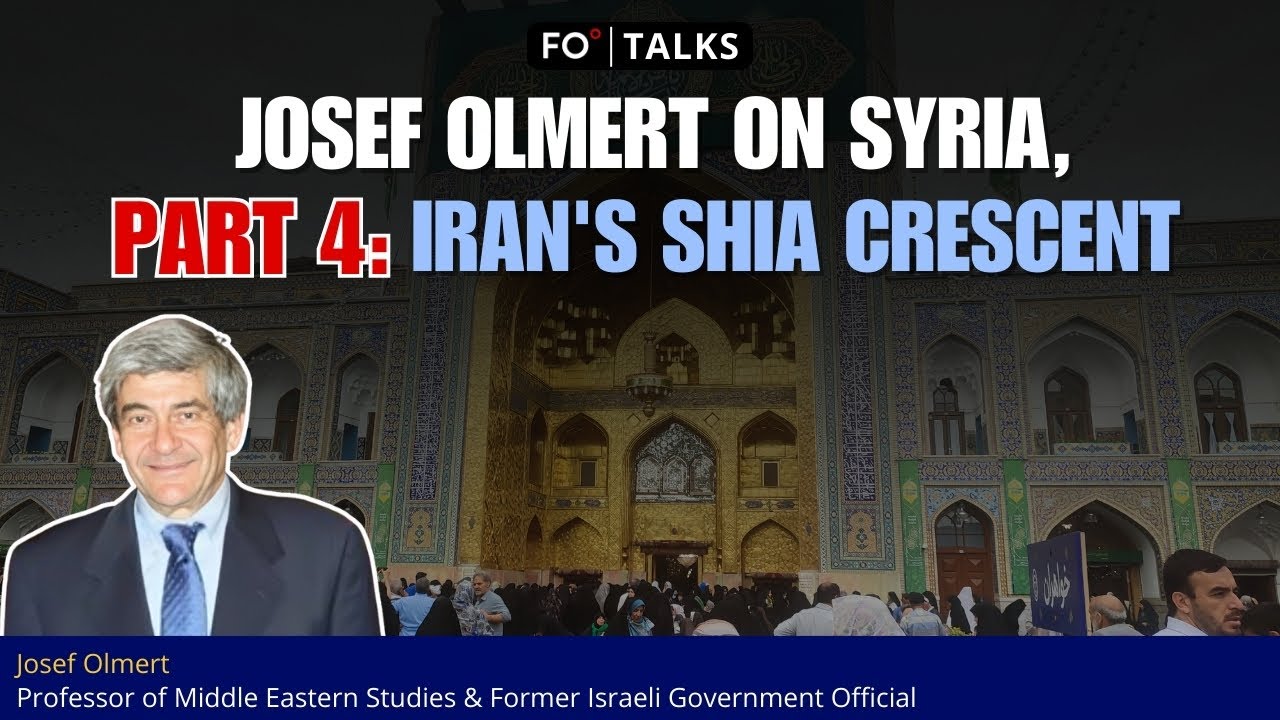














Comment